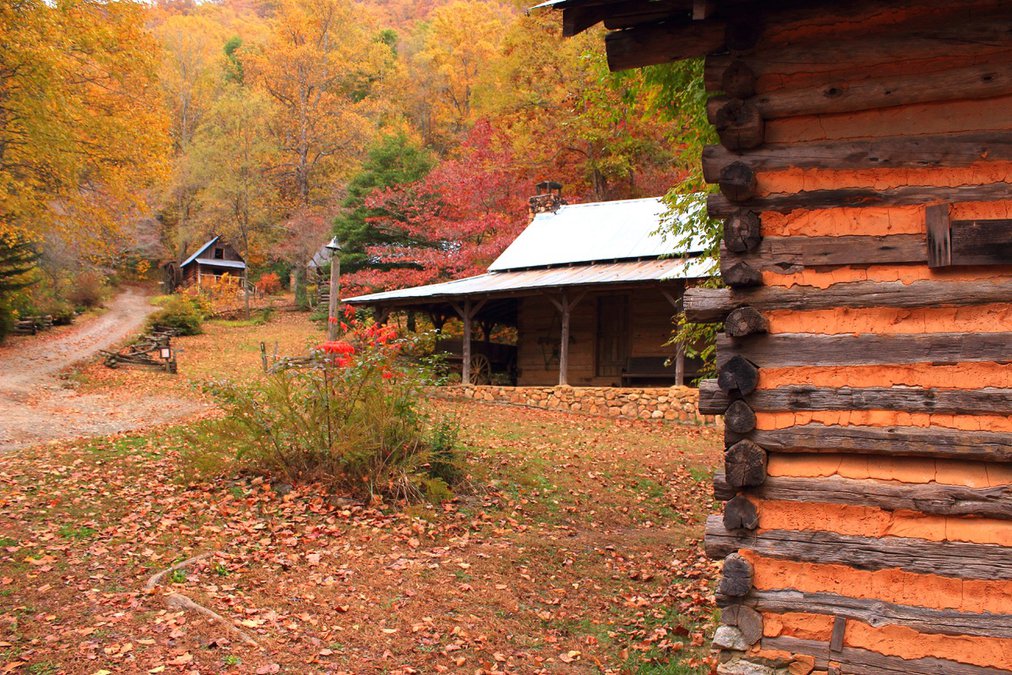“It’s a bit daunting, even for a native son, to sit down and try to define Southern Appalachia,” author Phil Hudgins writes in the introduction to his new book “Travels with Foxfire: Stories of People, Passions, and Practices from Southern Appalachia.”
“Fortunately, that’s not the purpose of this book,” he quips.
People, passions of Southern Appalachia come alive in 'Travels with Foxfire'

